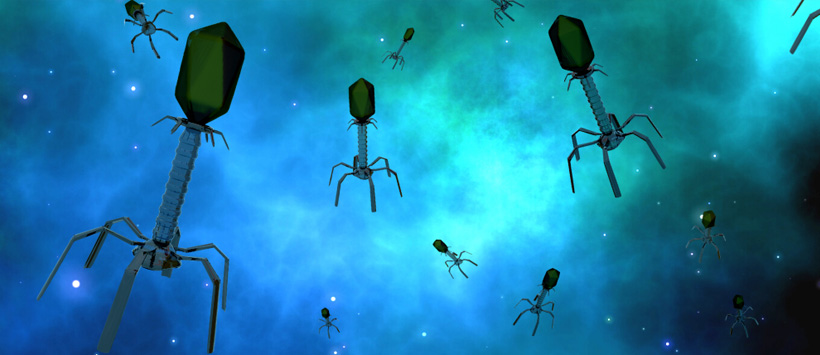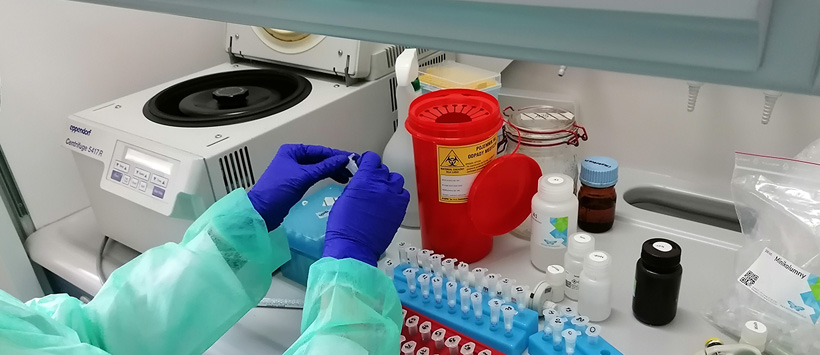
Bacteriophages in the fight against coronavirus
At least 15% of COVID-19 patients suffer from severe form of the disease. We need an efficient therapeutic response to COVID-19 pandemic to save hundreds of thousands of people affected by the novel coronavirus. According to Prof. Andrzej Górski from the PAS Institute of Immunology and Experimental Therapy in Wrocław, phage therapy might be an effective method of treatment.



